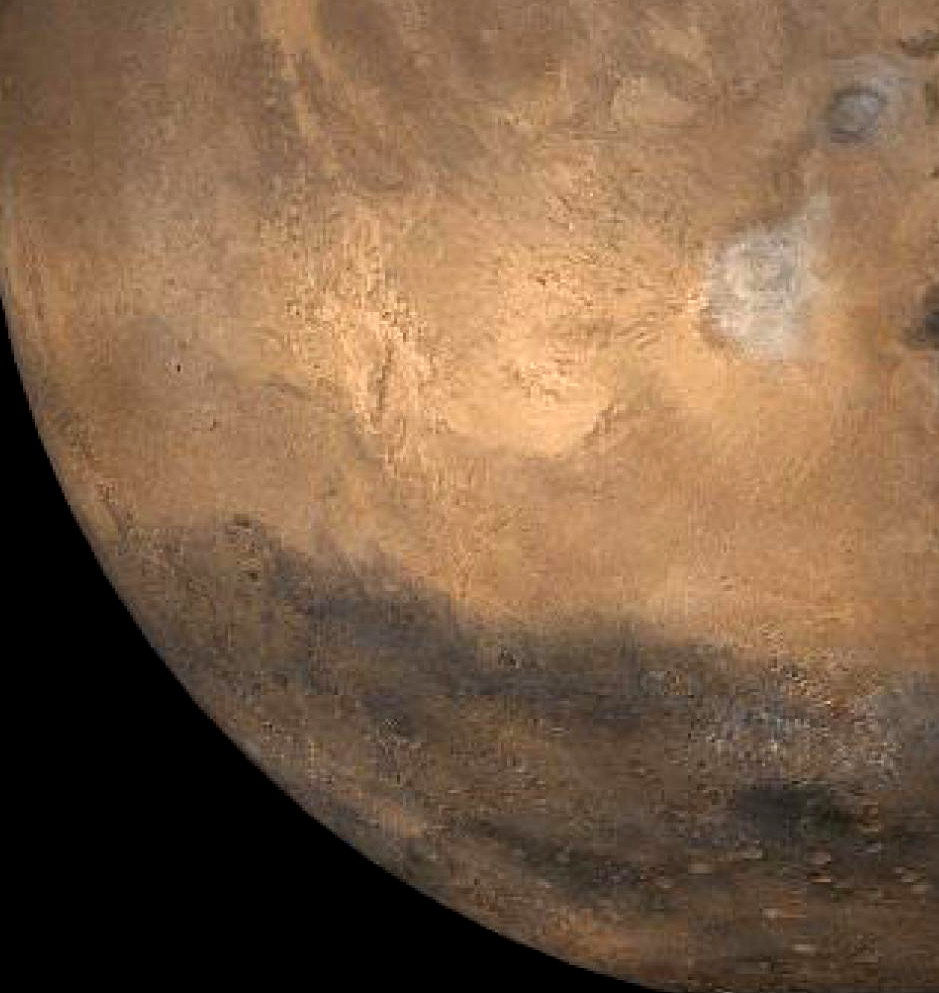Oceans respond to cosmic ballet
 A dance with Mars appears to drive whirlpools on Earth.
A dance with Mars appears to drive whirlpools on Earth.
A new study reveals a novel connection between Earth and Mars and the vitality of deep-sea currents.
The discovery, detailed in Nature Communications, has the potential to reshape the understanding of ocean circulation in response to climate change.
Led by ARC Future Fellow Dr Adriana Dutkiewicz of the University of Sydney's EarthByte Group, an international team has delved into the sedimentary secrets of the deep sea, finding that the interaction between Earth and Mars orbits sparks a 2.4-million-year cycle of accelerated ocean currents.
The so-called “astronomical grand cycles”, linked to periods of heightened solar energy and warmer climates, suggest that Earth oceans’ deep eddies could counteract the stagnant waters feared by some scientists as a consequence of global warming.
These cycles, notably, are distinct from the rapid climate change caused by human activities.
Professor Dietmar Müller, a co-author of the study, explained how the gravitational interplay between planets influences Earth's climate.
“The gravity fields of the planets in the solar system interfere with each other...changing planetary eccentricity,” he said.
This cosmic ballet results in cycles of warmer climates every 2.4 million years, correlating with more active deep-sea currents.
The study also highlights the importance of deep ocean eddies in maintaining ocean health during warmer periods.
These massive underwater whirlpools, capable of reaching the abyssal seafloor, play a crucial role in preventing ocean stagnation, even if the Atlantic Meridional Overturning Circulation (AMOC) - a key driver of the Gulf Stream - were to falter.
“Our deep-sea data spanning 65 million years suggest that warmer oceans have more vigorous deep circulation,” said Dr Dutkiewicz.
As Earth faces unprecedented climate challenges, this research underlines the importance of understanding Earth’s intricate connections with the cosmos.
The insights gained may prove crucial in developing more accurate climate models, guiding future environmental strategies to safeguard oceans and the life forms they sustain.







 Print
Print